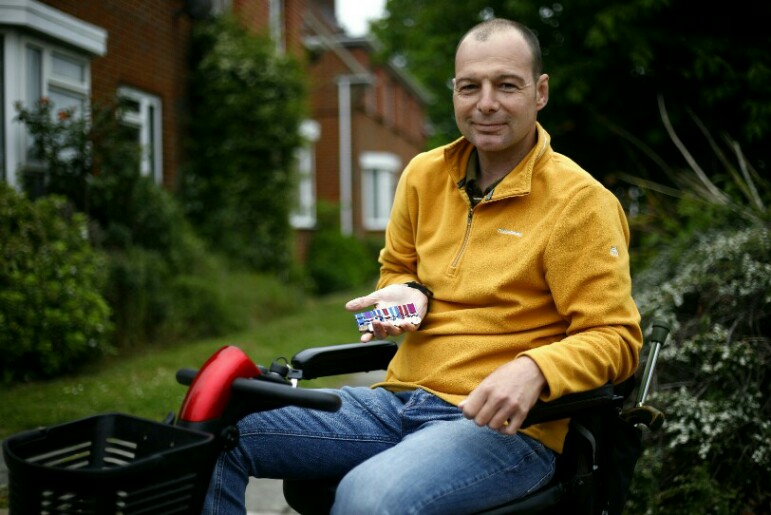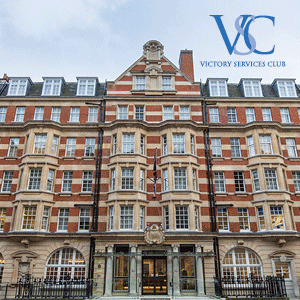
A major research report, ‘The Nation’s Duty: challenging society’s disservice to a new generation of veterans’, has been published by SSAFA, the Armed Forces charity….
The report is based on an extensive survey of more than 1,000 veterans helped by the charity, and other members of the veteran community, as well as members of the public.
The survey of SSAFA veterans found:
- 81% felt that US veterans were more respected than veterans in the UK
- 75% felt that they were not as respected by society as the UK emergency services
- 67% felt there was less respect for veterans when the Armed Forces were not in conflict
- 62% felt undervalued by society
SSAFA warns that it is dealing with a younger generation of veterans who feel increasingly alienated from society. The disturbing disconnect between younger veterans and the rest of nation, cannot be simply left to the Government or the military to resolve and must be addressed by society as a whole.
Two thirds of veterans (67%) felt they were less respected when the Armed Forces were not in active conflict, aptly demonstrated by only 18% planning to attend an Armed Forces Day event this year, known as the time to show our gratitude to the military.
This has led to an alarming 44% of veterans saying that at times, they had not felt proud of having served in the Armed Forces with almost nine in ten (89%) feeling civilians do not fully understand their needs.
Whilst many veterans transition successfully after military service, it can be a challenge for some. 77% of those surveyed reported they were not fully prepared when they left the Armed Forces. This growing cohort of veterans can struggle when it comes to managing their finances, finding employment and suitable housing.
87% of those surveyed stated they had experienced financial problems since leaving the Armed Forces. The report revealed their average net household income is less than £17,000 a year, with one in five (22%) surviving on less than £7,500. For many, the problems were linked to long-term health issues, often attributed to their military service and for others, a naivety about the cost of living outside of the military.
For many veterans, even finding employment was a challenge due to society’s misconceptions of their transferable skills into the civilian workplace. 70% of veterans surveyed said employers did not properly value their skills or abilities. Some veterans interviewed had evidence of being actively discriminated against by employers whilst others removed their service history from their CV entirely.
The fallout of this, is that many veterans are more reliant on social housing with almost a quarter (22%) of veterans sleeping rough or being made homeless at some point since their transition to civvy street. This extreme outcome is perhaps also down to almost six in ten (59%) feeling they were not treated fairly when it came to seeking state support.
Sir Andrew Gregory, Chief Executive of SSAFA, said: “Too many veterans feel undervalued and it’s our duty as a Nation to rectify this. Support for the Forces means more than just supporting them during active duty, it means creating a welcoming environment for them to re-enter when their time is served. The British public claims they do respect our Forces but, our research shows this respect dips the moment that their uniform is hung up.
“Valuable skills are being brushed aside by civilian employers; to the extent that some veterans hide their service history altogether. They experience discrimination against a part of their life that should be a source of the utmost pride. We owe these brave men and women more than this.
“We need a new national mindset, promoting the advantages veterans bring to society – courage, discipline, selflessness and respect for others. As a Nation, we must overcome society’s mistrust, apathy and alienation of the new generation of service leavers.”.
In the report foreword, The Lord Houghton of Richmond, Former Chief of Defence Staff writes: “This report suggests that while the public maintains a huge emotional connection to the dwindling band of World War II veterans, some show ambivalence or even apathy to younger veterans. This should seriously concern us”.
Now SSAFA calls on the Nation to act on the report findings with some practical recommendations:
- A nationwide support and mentor service available to all service leavers
- Launch a national Veterans ID card, supported by major retailers and businesses to provide incentives and discounts to recognise the contribution of veterans
- Compulsory life skills training and financial advice for all serving military personnel
- Promoting a savings culture in the Armed Forces
- Extend the transition process to help veterans who need more support
- An education programme for employers to help relate military qualifications to civilian qualifications to help businesses to value a veteran’s experience

